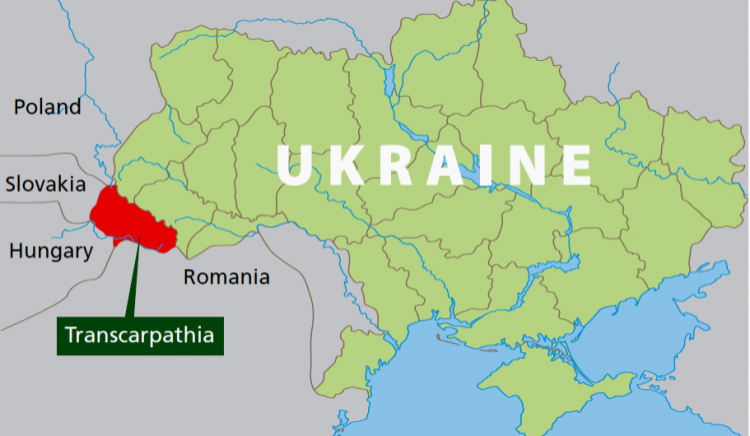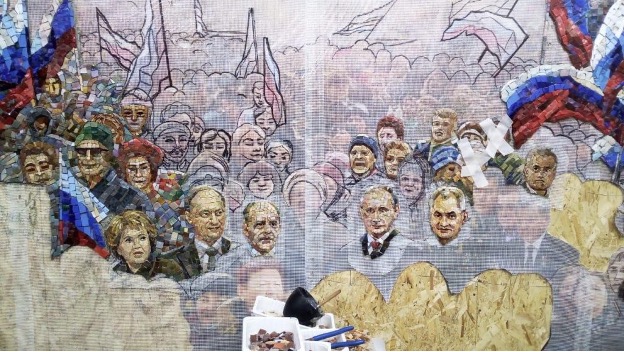Hungary, arguably the most controversial EU and NATO member state, is becoming a threat to Euro-Atlantic unity. Its recent cooperation with Russia and the Russian Orthodox Church which saw the apparent abduction of at least 11 Ukrainian prisoners of war has served to further complicate matters, a fortnight before the NATO Vilnius Summit.
Hungary continues to maintain close relations with Russia. According to US Ambassador David Pressman, “it supports the Russian war machine in various economic ways.” Budapest also has geopolitical interests in Ukraine’s Transcarpathian region, where at least some of the abducted Ukrainian prisoners of war are from.
JOIN US ON TELEGRAM
Follow our coverage of the war on the @Kyivpost_official.

Image Source Hungary Today
As a NATO member, Hungary is scheduled to attend and participate in the forthcoming Vilnius summit. Ukraine may only attend as a guest partner. Earlier this month, President Volodymyr Zelensky told the Wall Street Journal, “If we are not acknowledged and given a signal in Vilnius, I believe there is no point for Ukraine to be at this summit.”
For now, the so-called open door, remains closed to Ukraine.
On June 20, NATO Secretary General Stoltenberg announced that Ukraine will not be invited to become a member, but referred to the formation of a closer relationship, “What we are discussing is how to move Ukraine closer to NATO and there are ongoing consultations.”

N. Korean Troops Massed in Russia to Enter Ukraine War ’Soon’: Pentagon Chief
The President of the United States, Joseph Biden foreshadowed Stoltenberg’s announcement when asked if the US would expediate Ukraine’s NATO accession he replied, “No. Because they’ve got to meet the same standards. So, we’re not going to make it easy.”
So, do these criteria also apply to a NATO member state which, during this tense period of confrontation with Russia appears to be obstructing its partners?
Biden asserted NATO is more than a military alliance, it is an alliance of values and principles. According to him, Ukraine’s socio-political conditions stand in the way of it being offered any expedited NATO membership route.
In fact, Hungary is using the EU and NATO to secure its sovereignty while its internal and international socio-political policies are working against the two blocs. According to the George Marshall Center’s Daniel Hegedus, despite being a member of the Euro-Atlantic community Hungary is “providing a strategic service for Russia via small interventions.”
Led by Prime Minister Viktor Orban’s right-wing populist and national conservative political party, his government displays the behavior of being an autocratic kleptocracy. It has strong political, economic and personal ties with Moscow, links to transnational and organized crime, mass journalism and media cracked downs, and violations of academic freedom. It also uses EU money for anti-European policies and blocks NATO expansion. Its stance on corruption combined with a weak rule of law in Hungary have already led the EU to freeze billions in funding.
Hungary seems to have forgotten its Soviet entrapment. Rather than supporting Ukraine’s survival it is blocking anti-Russian sanctions and the next tranche of the European Peace Facility for military assistance to Ukraine.
When Ukraine’s lawmaker Yuriy Kamelchuk confronted Hungarian Foreign Minister Peter Szijjarto this week at the European Parliament, the latter defended Hungary’s position saying that his country is not responsible for Russia’s war with Ukraine and the Hungarian population should not be made to pay for it.
The depth of Hungary’s recent cooperation with the Kremlin and the Russian Orthodox Church is illustrated by Orban’s praise for the mosaic which was originally planned to be displayed the main temple of the Russian Armed Forces. Vladimir Putin, Sergei Shoigu, individuals who illegally annexed Crimea and even Joseph Stalin were destined to “decorate” the walls of the church in Patriot Park near Moscow, a plan that has now been shelved.

The values and principles upon which Euro-Atlantic institutions are built are being used by Hungary to block Ukraine’s expedited accession. But they also provide the framework for creating an exit door to those states who do not wish to meet them. Currently, neither NATO nor the EU have a mechanism for the expulsion of their members, although they are free to leave.
You can also highlight the text and press Ctrl + Enter






